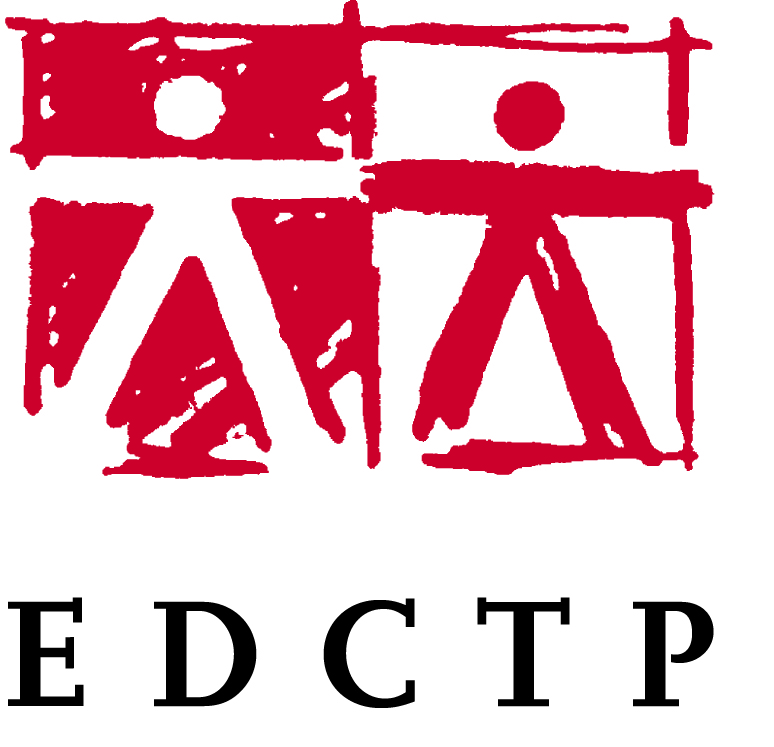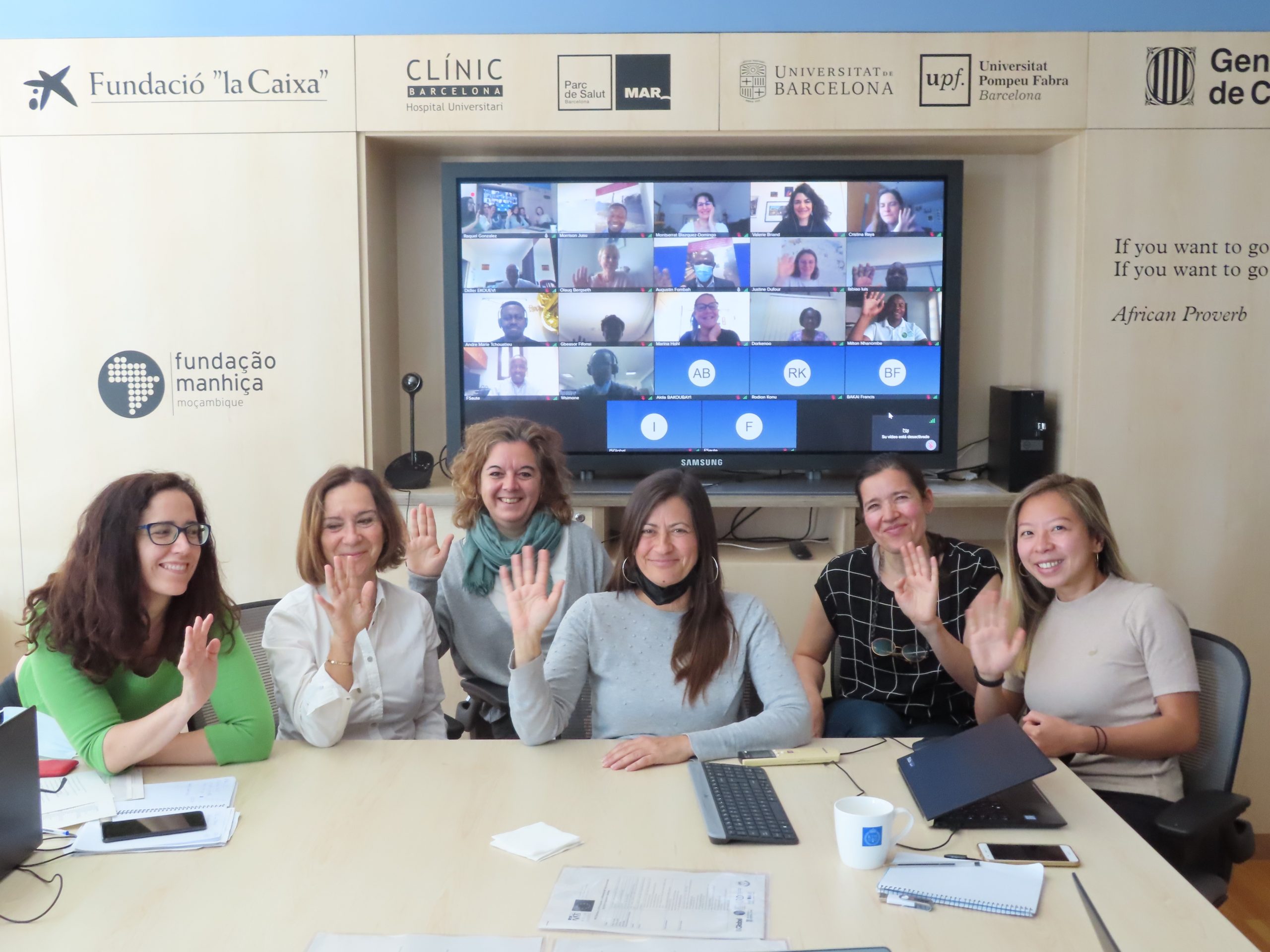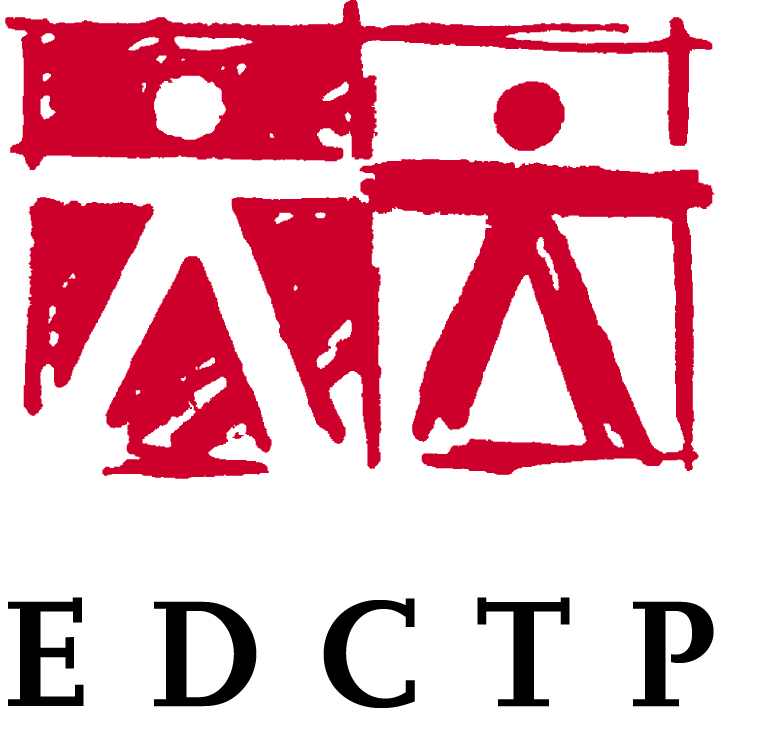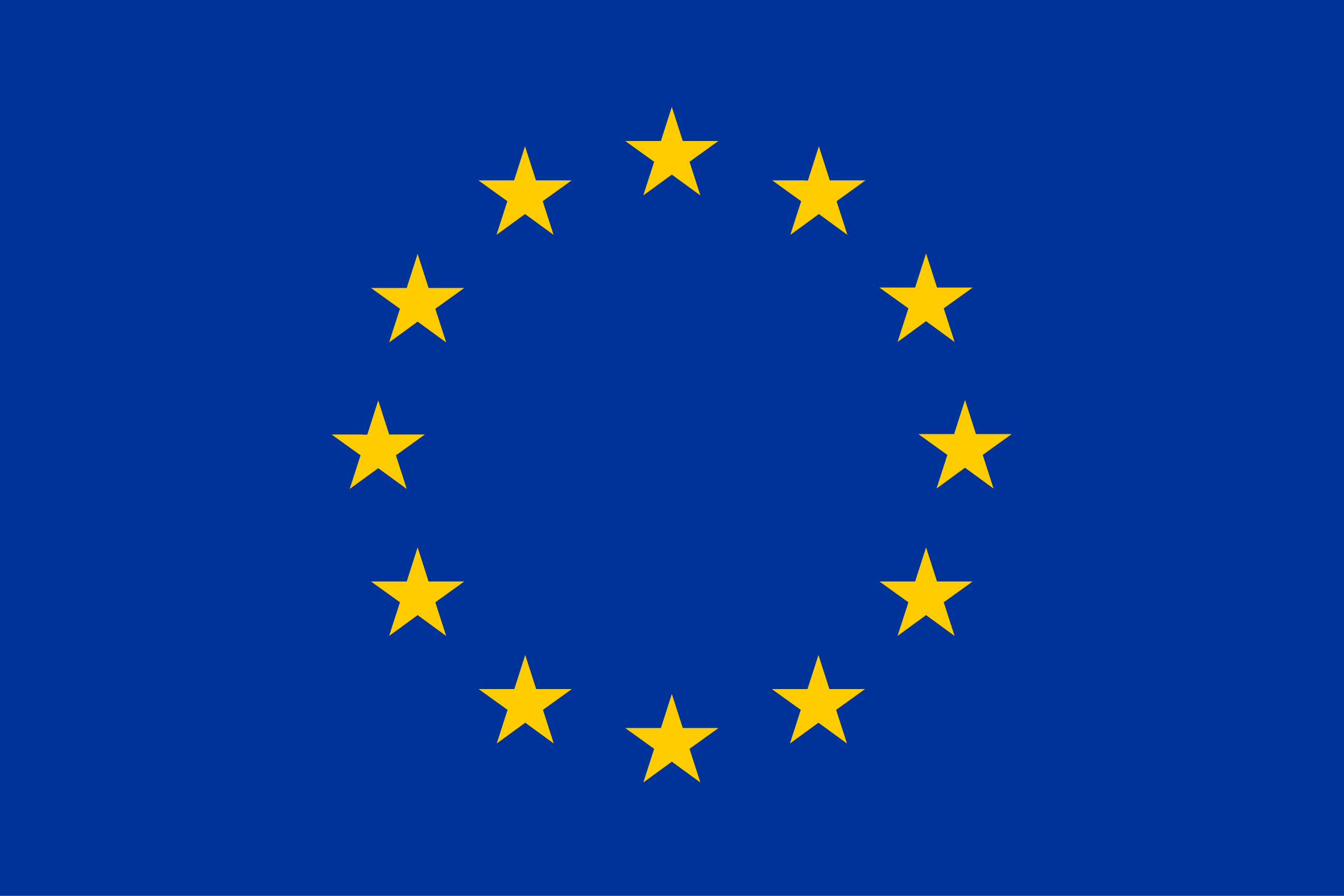As efforts to control malaria are stalling, and the disease is particularly severe in children under the age of two, it is imperative for countries in sub-Saharan Africa, with areas of moderate-to-high transmissions, to implement Perennial Malaria Chemoprevention (PMC) delivered through the Expanded Program on Immunization (EPI), which is the only feasible, sustainable and cost-effective strategy to reach this high-risk group. PMC is a full therapeutic course of antimalarial medicine (with sulfadoxine-pyrimethamine, SP) delivered to infants in the context of routine immunisation services during the first two year of life.
PMC has been shown to be safe, efficacious in reducing clinical malaria, anaemia and hospital admissions, and to be highly cost-effective; for all these reasons, the World Health Organization (WHO) recommended in 2010 Intermittent Preventive Treatment for Infants (IPTi) for malaria prevention. Only one African country – Sierra Leone –put IPTi into policy and practice. Concerned with this slow adoption, WHO in 2019 recommended adaptations be urgently tested through pilots assessing impact, operational feasibility and cost effectiveness. In 2022, WHO expanded that recommendation to cover children through the age of two because of studies documenting the value in children aged 12 to 24 months. The name for this preventive treatment has consequently changed to Perennial Malaria Chemoprevention (PMC) as the updated recommendation is no longer just for infants.
MULTIPLY is the pilot implementation of PMC in selected districts in Mozambique, Sierra Leone and Togo to maximise the delivery and uptake of PMC, to achieve the full potential of this intervention. Working with the ministries of health in Mozambique, Sierra Leone and Togo, MULTIPLY will give up to 6 doses of PMC in the first two years of life. PMC will be given at health facilities and EPI mobile outreach clinics using a paediatric dispersible formulation of SP, alongside routine vaccinations and vitamin A supplementation.
Through this implementation, capacity will be built and fundamental programmatic issues to achieving effectiveness will be assessed, including:
- PMC operational feasibility and acceptability;
- Impact on health services integration, i.e. on EPI immunisations and vitamin A administration coverage;
- Cost and cost-effectiveness of PMC delivery including through the outreach EPI platform;
- Impact on malaria incidence, anaemia, overall mortality, SP resistance development and the safety of the intervention.
The integration of PMC with EPI contacts, together with social and behaviour change communication campaigns to inform communities of the importance of EPI, and the malaria protection afforded by PMC delivered at the EPI, could lead to an increased demand for EPI.
MULTIPLY is a 40-month project funded by The European & Developing Countries Clinical Trials Partnership (EDCTP) aiming to:
aiming to:
- Build capacity and establish an environment to support transition to Ministries of Health for scale-up and sustainable PMC in project countries
- Generate and disseminate knowledge to the WHO and Ministries of Health of project countries to inform recommendations and guidance for PMC delivery, integrated within national Maternal, New-born and Child Health (MNCH), National Malaria Control Program (NMCP), Nutrition and EPI policy and/or guidelines.
- Strengthen South-South and South-North networks to fight poverty-related diseases such as malaria.











